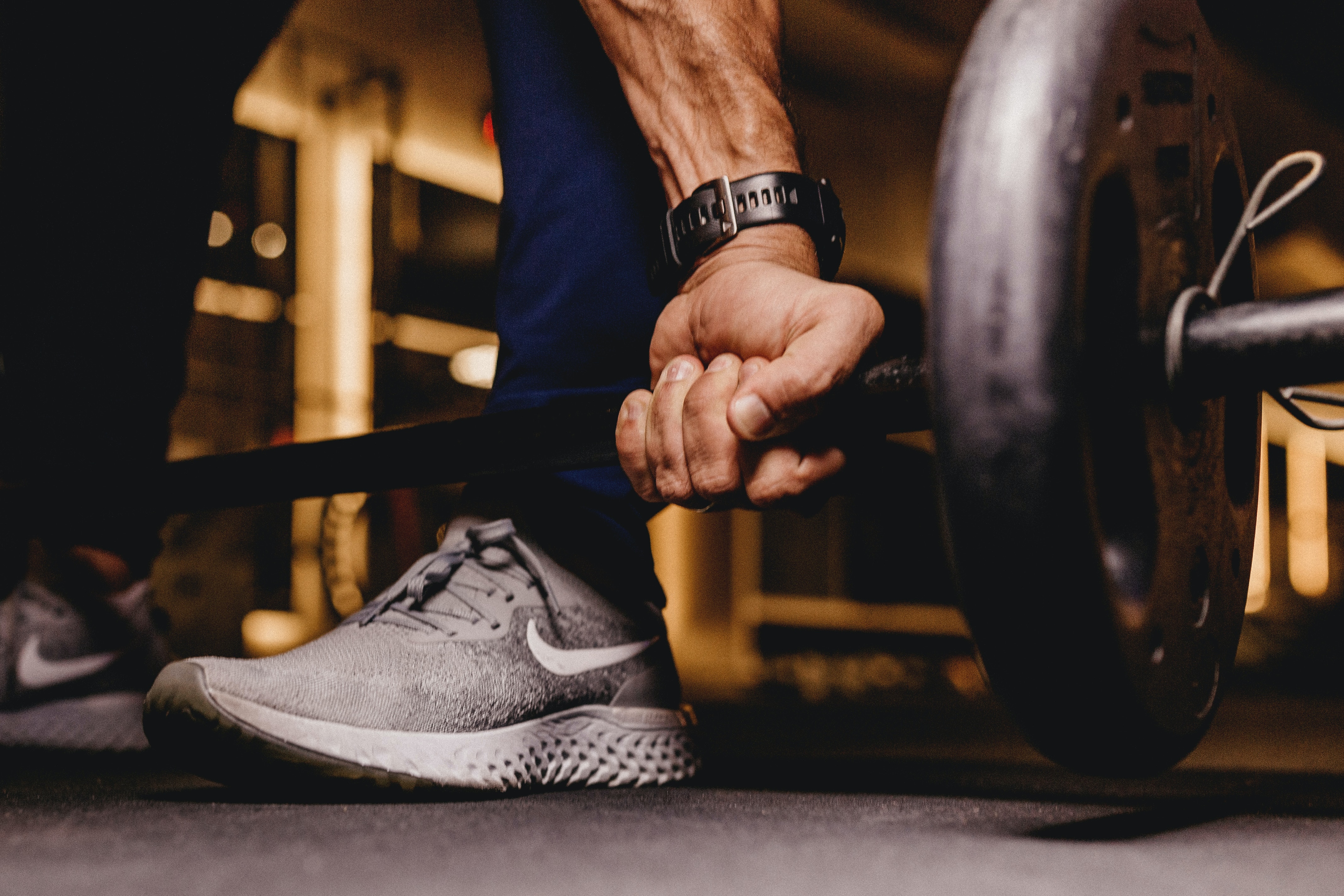Building muscle is a common goal among fitness enthusiasts, athletes, and individuals looking to improve their overall health and physique. Gaining muscle mass can boost strength, enhance performance, and increase metabolic rate, leading to a healthier body composition. While muscle building is a process that requires time, commitment, and consistency, certain strategies can expedite this process. This comprehensive guide will dive into the most effective, research-backed methods to build muscle fast, covering critical aspects such as progressive overload, nutrition, and rest.
Understanding the Basics of Muscle Building
Progressive Overload
Progressive overload is a fundamental principle in strength training and muscle building. It involves gradually increasing the amount of stress placed on your muscles during workouts. This can be achieved by lifting heavier weights, increasing the number of repetitions or sets, or enhancing the intensity of your exercises. By consistently challenging your muscles, you stimulate the biological processes that lead to muscle hypertrophy, or growth.
Nutrition
Muscle building is not just about what happens in the gym; it's also about what happens in the kitchen. Nutrition plays a pivotal role in muscle recovery and growth. Consuming a diet rich in protein, balanced with adequate carbohydrates and fats, ensures your body has the necessary nutrients to repair muscle tissue and fuel your workouts.
Rest and Recovery
While it may seem counterintuitive, rest is just as important as training in the muscle-building process. It's during periods of rest that your muscles repair, recover, and grow. Ignoring this crucial aspect can lead to overtraining, which can hamper your progress and increase the risk of injury.
Proven Ways to Build Muscle Fast
To build muscle effectively and quickly, consider these scientifically-supported strategies:
Strength Training: Strength training is the cornerstone of muscle building. It involves exercises that challenge your muscles by using resistance, such as weightlifting. Compound exercises, which target multiple muscle groups at once, are particularly beneficial. Examples include squats, deadlifts, and bench presses. Incorporating these exercises into your routine can lead to significant muscle gain and strength improvement.
Eating Protein-Rich Foods: Protein is the building block of muscles. Consuming enough protein is essential for muscle repair and growth. Aim for a protein intake of around 1.6 to 2.2 grams per kilogram of body weight each day, as recommended by research. Foods high in protein include lean meats like chicken and turkey, fish, eggs, and dairy products. Plant-based proteins such as beans, lentils, and tofu are also excellent choices.
Getting Enough Sleep: Sleep is often an overlooked aspect of muscle building. However, it plays a crucial role in muscle recovery and growth. During sleep, your body produces growth hormones that help repair and build muscle tissue. Aim for at least 7-9 hours of sleep per night to ensure optimal recovery and muscle growth.
Staying Hydrated: Proper hydration is essential for peak performance during workouts and plays a key role in maintaining muscle function. Dehydration can hinder muscle recovery and growth, so be sure to drink plenty of water throughout the day, especially around your workouts.
Consuming Enough Calories: To build muscle, your body needs additional energy. This means you need to consume more calories than your body burns in a day. This calorie surplus, combined with strength training, triggers your body to use
the extra nutrients and energy to build and repair muscle tissue. A balanced diet rich in lean proteins, whole grains, fruits, vegetables, and healthy fats will help you meet your calorie and nutrient needs for muscle growth.
Supplementing Wisely: While not a replacement for a balanced diet, certain supplements can enhance muscle growth and workout performance when used correctly. Creatine, for example, is a well-researched supplement known to increase muscle strength and power. It works by increasing your muscles' phosphocreatine stores, allowing faster regeneration of ATP, the key molecule your cells use for energy and all basic life functions. This allows you to perform better during high-intensity workouts. Whey protein is another popular supplement that can boost your protein intake and enhance muscle recovery after a workout.
Building muscle fast is a comprehensive process that involves more than just lifting weights. It requires a well-planned strength training regimen, a nutrient-rich diet, proper rest, and an understanding of your body's needs. By applying the principle of progressive overload, focusing on protein-rich foods, ensuring you get quality sleep, staying hydrated, maintaining a caloric surplus, and considering the strategic use of supplements, you can accelerate your muscle growth and achieve your fitness goals faster. Remember, consistency is key, and while results may not appear overnight, your commitment and dedication will pay off over time. This journey is not just about building muscle; it's about building a healthier, stronger version of yourself.
Q&A Section:
Q: How often should I train to build muscle fast? A: Research suggests that for optimal muscle growth, each muscle group should be trained 2-3 times per week. However, the exact frequency can vary based on your individual fitness level, goals, and recovery ability. It's crucial to allow adequate rest for muscle recovery and growth. Overtraining without sufficient rest can lead to muscle breakdown instead of growth.
Q: Can I build muscle without weights? A: Yes, you can build muscle without weights. Bodyweight exercises can also effectively stimulate muscle growth, especially when performed with high intensity and volume. Movements such as push-ups, pull-ups, dips, lunges, and squats are excellent bodyweight exercises that can be used to apply the principle of progressive overload.
Q: What are the best foods for muscle building? A: The best foods for muscle building are those rich in quality protein, complex carbohydrates, and healthy fats. Protein-rich foods like lean meats, fish, eggs, dairy, and plant-based proteins help repair and build muscle tissue. Complex carbohydrates such as whole grains, fruits, and vegetables provide the energy needed for intense workouts. Healthy fats from sources like avocados, nuts, seeds, and fatty fish are crucial for hormone production, including hormones that regulate muscle growth.
Q: Do I need supplements to build muscle? A: While it's possible to build muscle without supplements, certain supplements can enhance muscle growth and workout performance when used in conjunction with a balanced diet and regular strength training. Creatine and whey protein are popular and well-researched supplements known to support muscle growth.
Q: How does sleep affect muscle growth? A: Sleep is crucial for muscle recovery and growth. During sleep, your body repairs the muscle tissue damaged during workouts, and the pituitary gland releases growth hormone, which stimulates muscle growth and repair. Insufficient sleep can hinder this process and potentially lead to muscle loss over time.









